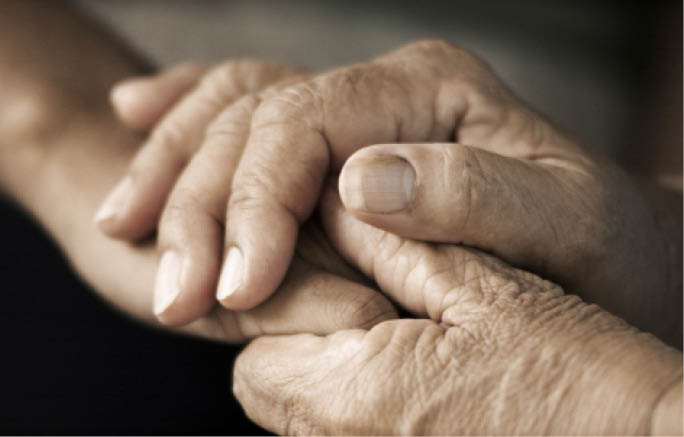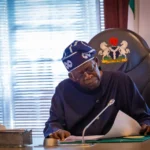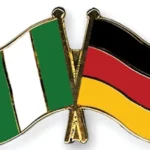The economy of Nigeria is a middle income mixed economy and emerging market. It is ranked as the 27th largest economy in the world in terms of nominal GDP, and the 24th largest in terms of purchasing power uniformity. The country has faced several recessions and is witnessing unemployment issues coupled with inflation. According to the National Bureau of Statistics (NBS), 40 per cent of the total population of the country lives below the country’s poverty line of 137,430 naira ($381.95) per year. There is no doubt that the Nigerian economy is struggling to blossom.
Despite the current increase in the general prices of goods and services and the harsh state of the Nigerian economy, some people swim in the pool of affluence while some wallow in the slum of abject scarcity. Just as countries like Spain, Ghana, Germany, South Africa and others struggle to bridge the gap between the ‘Haves and Have not’s’, Nigeria is also struggling to bridge its own gap since it can’t enthrone balance, and it seems the more Nigeria advances, the wider the gap between the elite and the poor.
Somewhere in Victoria Island can be found a man cooling off in one of the most expensive estates in Africa while another man can be found spending the night under the Lagos Mainland bridge guarded only by the moonlight. The uneven distribution of resources in Nigeria can be felt by the ones who live from hand to mouth while some hoard wealth treasuries cannot contain. This is an effect of the massive rise of crucial inequality.
According to the World Economic forum’s Global Risks Survey, inequality is associated with a range of health and social problems including mental illness and violent crime. Therefore, the wider the gap between the rich and the poor in Nigeria, the more insecure and unhealthy the Nigerian society becomes.
Excess poverty in Nigeria can lead to breeding a society filled with violence, crime, high rate of mortality which can hinder economic growth, corrupt politics and lead to decay in talents due to failure in investment in the people. The consequences of poverty in any country are detrimental and can affect everyone.
Researchers have shown that, across 21 countries in the world for which there is data, there is a strong correlation between extreme inequality and low social mobility. If one is born poor in a highly unequal country, they will most probably die poor and his children and grandchildren as well. Economic inequality leads to vast differences in life chances and in terms of education and life expectancy, the poorest people suffer. It is obvious that in Nigeria, the offsprings of the rich will replace their parents as the offsprings of the poor will replace their parents condemned to stay poor for generations.
The gap between the affluent and poor in Nigeria, if not bridged, will make a mockery of the hopes and ambitions of the poor people. The poor people tend to suffer the most because they receive little attention and protection from security or legal systems. They can’t afford to pay for security charges, legal or health services.
In Nigeria, the interest of the economic and political elite continues to reinforce inequality in society. Elite, in rich and poor countries alike, use their political influence to curry government favours thereby blocking policies that strengthen the right of many. Today, there are 16 billionaires in sub-Saharan Africa alongside the 358 million people living in extreme poverty. It is obvious that strange levels of wealth thrive alongside poverty around the world. Many of the wealthiest people made fortunes thanks to the exclusive government concessions and privatisation.
According to Oxfam Research, it was calculated that a tax of just 1.5 per cent on the wealth of the world’s billionaires, if implemented directly after the financial crisis, could save 23 million lives in the poorest 49 countries by providing them with money to invest in healthcare. The number of billionaires and their combined wealth has increased so rapidly that in 2014, a tax of 1.5 per cent could fill the annual gaps in funding needed to get every child into school and deliver health services in those poorest countries.
To bridge this wide gap between the affluent and the poor people in Nigeria, the government must begin to oppose the special interests of the powerful elite. The Nigerian government must implement policies that redistribute money and power. It can also deliberately increase wages just as Ecuador and China did, for once minimum wage rises, the standard of living rises as well. Meanwhile, some countries like Senegal have adopted a new tax code to raise money from rich people and companies to pay for public services. Nigeria can adopt this method too.
The government can heavily invest in infrastructure which will help to address poverty in the country. The government can also provide free healthcare and education for the masses or at least provide clinics, classrooms and other essential services like regular power supply, good roads, access to good water supply and also carry out mass housing projects. These techniques will help bridge the gap between the rich and the poor and ease the burden of poverty on its citizens. If the gap between affluence and poverty in Nigeria cannot be bridged, its width should be lessened at least.
Saduwo Banyawa sent this piece from Lagos and can be reached via bsaduwo@gmail.com

 Join Daily Trust WhatsApp Community For Quick Access To News and Happenings Around You.
Join Daily Trust WhatsApp Community For Quick Access To News and Happenings Around You.

